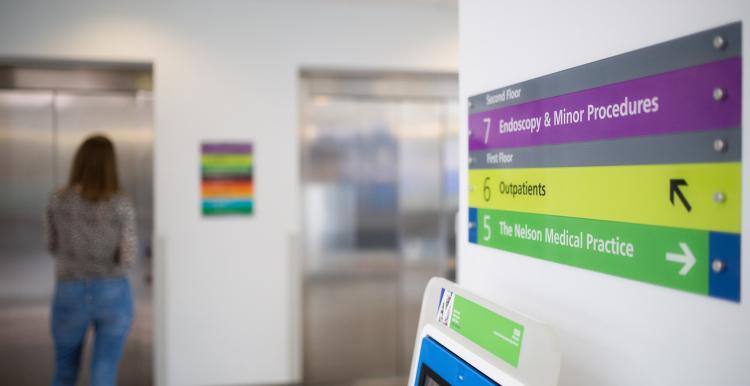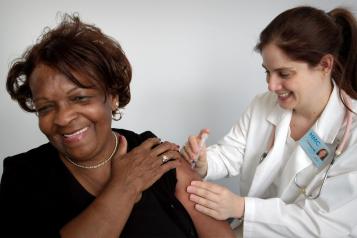COVID-19 Second Phase Response: What have NHS services been told?

NHS enters the second phase of response to COVID-19
NHS England and NHS Improvement (NHSE&I) have written to NHS services about the second phase of the response to COVID-19. The letter repeats the message that the NHS is still open for business and highlights what has been achieved in the response to the pandemic by the NHS working closely with partners.
While acknowledging the need to continue a lot of ongoing work to tackle coronavirus, the letter also instructs NHS organisations to release capacity to resume non-COVID-19 services where it is safe to do so. This is based on the expectation that the number of COVID-19-positive patients in hospitals will continue to decrease.
Urgent services
Since the start of the outbreak, there has been a big reduction in emergency hospital activity – the letter states that in one week, emergency hospital admissions were down by 37% when compared with the same week in 2019. Several factors have likely added to this, including a reduction in critical incidents like car accidents during the lockdown, some NHS care being given through different access routes, and fewer people choosing to seek emergency care in the current situation.
Sent at the end of April 2020, the letter states that we can expect a rebound in demand for emergency services, though it’s uncertain when and to what extent.
Therefore NHSE&I has asked all NHS local systems and organisations to fully step up non-COVID-19 urgent services as soon as possible over the next six weeks.
In particular, services in the following areas should be brought back to pre-pandemic levels:
- Cancers
- Cardiovascular Disease, Heart Attacks and Stroke
- Urgent surgery
- Maternity services
- Mental health crisis services
- Screening services for high-risk groups
- Diagnostic services (these should be increased to catch up with the backlog)
As services resume, the guiding principle should be infection prevention and control.
Non-emergency services
NHS organisations have also been asked to work across local systems and with regional teams to begin rebuilding capacity in non-COVID-19, non-emergency services where possible.
Recommendations include:
- To re-start non-urgent operations, prioritising people who have been waiting for the longest where there is no clinical urgency
- To phase back in non-emergency community services
- GPs should deliver as much routine and preventative work as can be provided safely including vaccinations immunisations, and screening
- GPs, secondary care services, and mental health services should work to follow up with patients known to them to make sure all can access essential services. In particular:
- GPs need to proactively contact any vulnerable patients who may be shielding, and
- Mental health services need to make sure existing patients are supported.
Some services are also being asked to prepare for higher-than-usual demand in the journey out of the pandemic. These services include mental health and community services supporting those who are recovering from COVID-19.
Staffing
With the increased capacity for testing, the offer will now be extended to greater numbers of people including asymptomatic staff.
Concern has been raised about a disproportionate impact of COVID-19 on staff from Black, Asian and Minority Ethnic communities. Public Health England has been asked to investigate this.
The letter notes the importance of continuing to work with local authorities and other partners, with a particular emphasis on:
- Making sure there is appropriate testing for people discharged from hospital
- Proving ‘train the trainers’ support in care homes to teach about infection prevention and control
- Bringing forward elements of Enhanced Health in Care Homes.
Local authorities, through Public Health, will also be key partners in the delivery of the ‘Test, Track and Trace’ programme currently being developed.
‘Locking in the benefits’
The pandemic response has brought in new ways of working, many of which it may be desirable to keep. These include backing local initiative and flexibility; enhanced local system working; strong clinical leadership; flexible and remote working where appropriate; and rapid scaling of new technology-enabled service delivery options such as digital consultations.
Read the letter in full
To find out more, read the letter setting out the second phase of NHS response to COVID-19.


